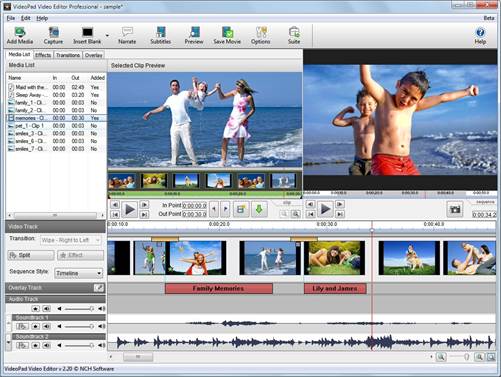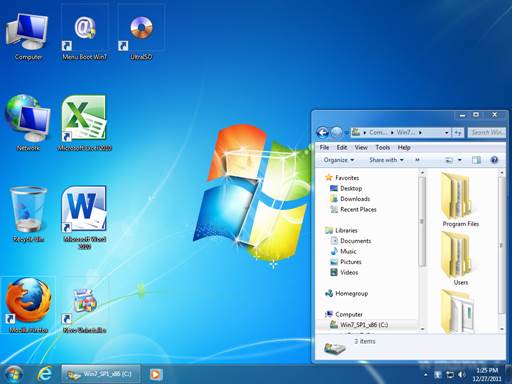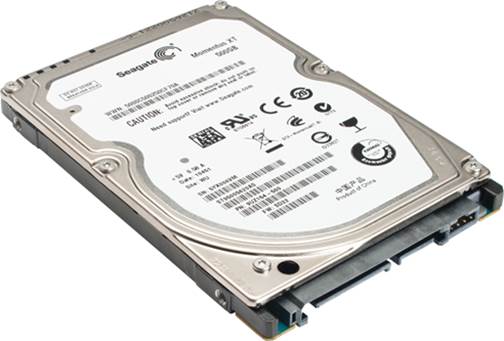Upgrades
Some PC slowdowns respond best to very
specific upgrades. For example, if your computer only feels slow during gaming
or video editing, you probably need a more powerful graphics card. As for more
general sluggishness, here are a few hardware upgrades that can cure a number
of ills.

If
your computer only feels slow during gaming or video editing, you probably need
a more powerful graphics card.
RAM. Memory
is odd, in that having more isn’t always better. At the same time, if your PC
doesn’t have enough RAM, it’ll slow to a crawl whenever you run demanding
applications. It will also work the hard drive a lot more because Windows’
virtual memory is nothing more than drive space (called a swap file or paging file)
tasked with doing the job of the much faster RAM.
A recent OS such as Win7 can get by fairly
well on 2GB or more memory. That said, having 3GB or more can make a noticeable
difference, as Win7 likes to cache lots of data in RAM to avoid time-consuming
disk accesses. (Note that you’ll need 64-bit versions of Win7 or Windows Vista
to make use of 3.3GB or more of RAM.)
Fortunately, adding memory to your computer
is normally easy and relatively inexpensive. Most current desktop PCs use DDR3
(double-data rate 3) RAM, which can be purchased in a variety of speeds and
capacities, and in matched sets.
OS. One of
Win7’s advantages over older OSes is its performance. It not only boots and
runs faster than its predecessors, but it also feels faster due to tweaks to
the UI (user interface). And even though the 12-year-old WinXP can outpace Win7
at several tasks on older hardware, we still recommend Win7 and Win8 for their
improved security and support of new technologies.

A
recent OS such as Win7 can get by fairly well on 2GB or more memory
Storage.
It’s true – today’s CPUs are so fast that they largely sit unused while waiting
for data to arrive. For the vast majority of computing tasks, the bottleneck
lies in the slower devices, such as the hard drive.
Upgrading to a faster hard drive can speed
boot up and application launches, even as it adds capacity.
That said, a fast SSD can provide a more
radical boost in performance. Because they’re more expensive per gigabyte than
standard hard drives, many users install a modest SSD for their OS and apps but
retain their old hard drives for storage of personal files, images, and music.
A third option is a hybrid drive. This is a
slightly pricier hard drive with a small SSD onboard. As the SSD caches the
data you access the most from the hard disks, the result is a moderate speedup
in many tasks. And because hybrid drives are available in larger capacities,
you don’t have to give up on reasonable storage space to get many of the
benefits of an SSD.

As
the SSD caches the data you access the most from the hard disks, the result is
a moderate speedup in many tasks.
Processor.
Unless you’re running a single-core CPU and/or a very old system, a new
processor probably shouldn’t be your first choice for speeding up your PC.
Chances are that some other component (RAM, hard drive, etc.) is more to blame
for a slow system. CPUs are not normally the bottleneck when you’re trying to
deal with a computer that’s begun to slow down. Also, a new CPU may force you
to buy a new motherboard, RAM, graphics card, and even a power supply. That
could be more of an upgrade project than you had in mind when you started out
to speed up your system.
That said, moving from a single-or
dual-core CPU up to a more powerful CPU will pay dividends. Multicore
processors don’t get maxed out very often by typical workloads, so you’ll
rarely have to wait while your CPU is “thinking.” Likewise, a faster CPU can
accelerate media file transcoding from one format to another, as well as
compression and encryption tasks.